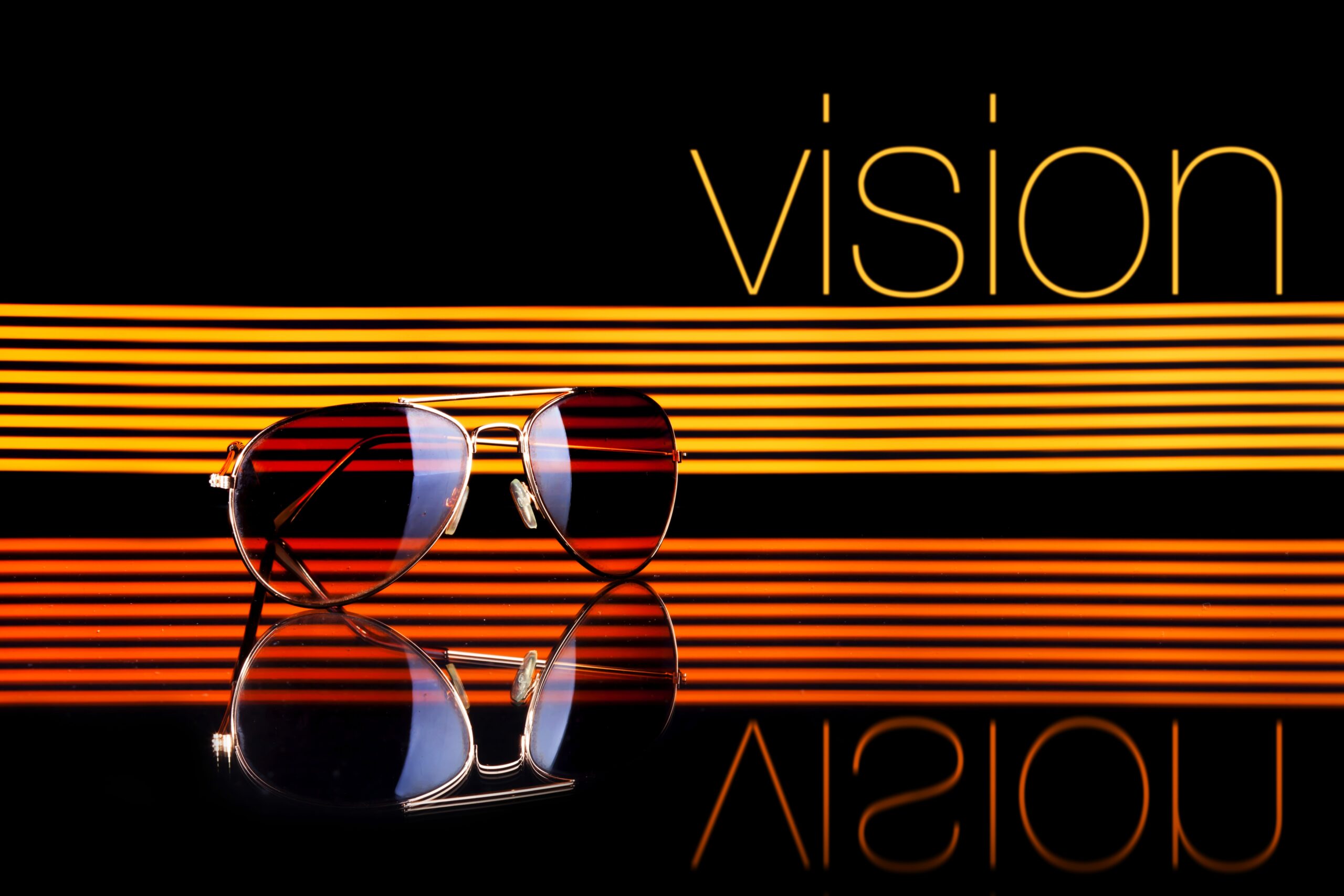Some may remember those famous Google Glass from about a decade ago – the smart glasses based on augmented reality. Not exactly a runaway success at the time, but they may have paved the way for new glasses designed as powerful translation tools that could soon hit the consumer market.
First and Foremost: An Instant Language Translation Tool
It all started with Google Glass. A project born in 2011, but its consumer version was discontinued four years later, pivoting instead to models designed for specific professional sectors such as healthcare or logistics.
The concept was highly innovative for its time – perhaps even a bit too ahead of the curve. These connected glasses could display digital information like text messages, photos and videos, GPS directions, and even internet access directly in the user’s field of vision through the lenses. Revolutionary, certainly, but deemed by many as a bit too intrusive…
Now, over a decade later, the idea is resurfacing. Although modified in its approach, since what could soon be offered to the world would serve only one purpose: ensuring instant language translation between people who don’t necessarily speak the same language. Developed by a Chinese company specializing in real-time language translation, these glasses called Leion Hey2 would have just this primary function – far from everything Google originally envisioned for its model.
Powered naturally by Artificial Intelligence, the translation would be available for about a hundred languages. Every conversation would be captured and instantly transcribed as subtitles in your chosen language on the glass lenses – essentially the same way you watch a foreign film with subtitles on a screen. And to complete the package, audio transcription would even be possible for those who want it. All this with a battery life of around 8 hours.
This could appeal to travelers, but also to the hearing impaired who could benefit from this technology that works even in the noisiest environments or between speakers several meters apart.
For now, while the Leion Hey2 are still prototypes showcased at trade shows, their reception appears highly favorable – so much so that Google, Meta/Facebook, and several others have joined the race. All that remains is for this new generation of connected glasses to hit the market. Which shouldn’t be too long now, especially at prices affordable for most users.

